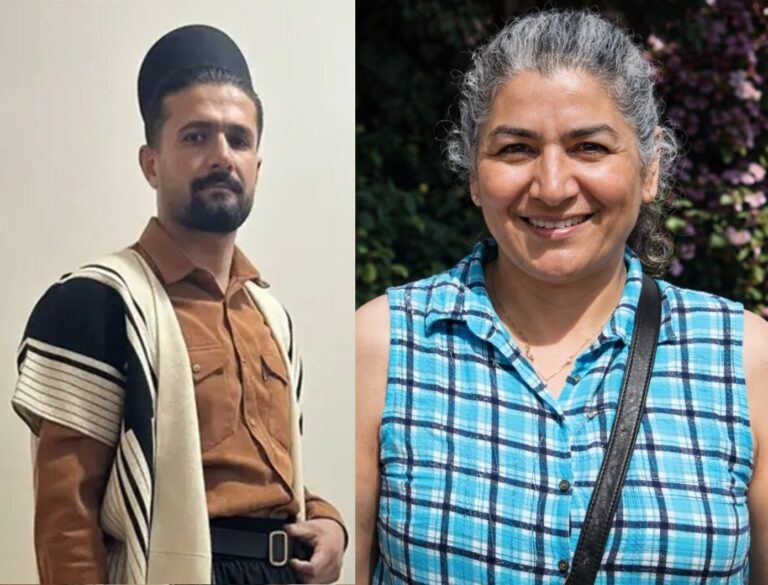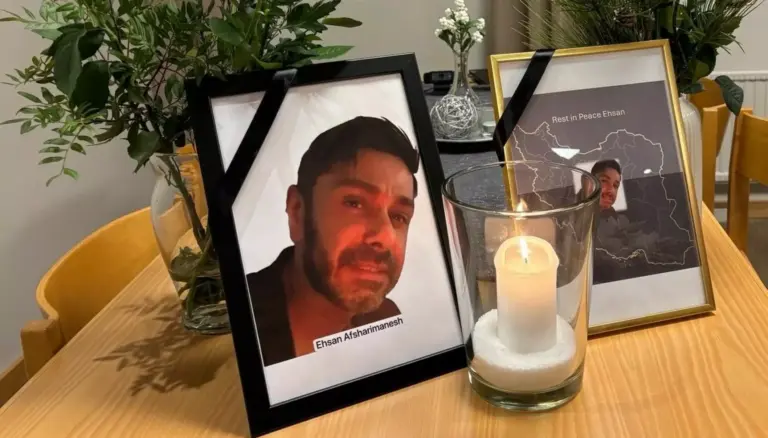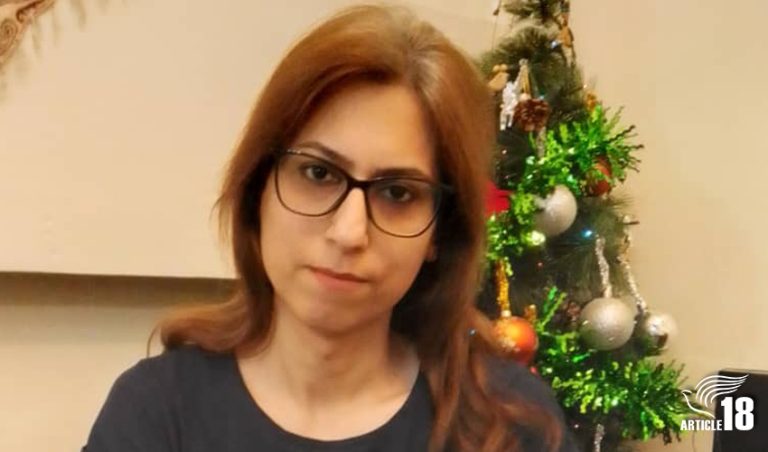
An Iranian Christian woman who converted to Christianity as a teenager has been kicked out of her Tehran university without explanation.
Fatemeh Mohammadi, a rare example of a Christian activist still living inside the country, tweeted on Saturday evening that she had been kicked out on the eve of her English-language exams at Azad University and had not been told why.
A source close to Fatemeh told the Human Rights Activists News Agency (HRANA) that at the start of term Fatemeh had problems obtaining a student card, which made her “virtually ineligible” to sit classes, and that now that ineligibility has been made official.
Several members of other religious minorities have also reported denial of education in Iran. Just last month a follower of the Yarsan faith was prevented from completing his university dissertation because he refused to deny his religious beliefs, while activists for the Baha’i community frequently report the denial of education to their co-religionists.
Meanwhile, earlier this year fellow Christian convert Yousef Nadarkhani, who is serving a ten-year prison sentence for his peaceful religious activities, went on a three-week hunger strike to protest against the denial of education to his two sons.
Who is Fatemeh Mohammadi?
Fatemeh, who now prefers to be called Mary, is just 21 years old but has already spent six months in prison for her membership of a Tehran “house-church”. When she went to prison, she was just 19.
Mary recently faced new charges related to her “improper” wearing of hijab. The charges, which were eventually quashed, were brought against her after she initially went to police to complain of an assault.
Mary is active on social media and just a day before being kicked out of university tweeted about the cases of ten fellow Christian converts currently in prison in Iran as a result of their peaceful religious activities.
In a series of tweets, Mary highlighted the sentencing of nine converts in Rasht to five years in prison and the one-year sentence given to a 61-year-old fellow woman convert in Karaj, the sister city to Mary’s home city of Tehran.
“Christmas is fast approaching, and security officials are lurking behind Christians,” Mary wrote, in Persian, in a tweet that also included a link to the video recorded by Rokhsareh Ghanbari before she took herself to prison to begin her sentence.
As Article18 has reported, the Iranian security forces often step up their harassment of Christians at Christmas time.
Last year 114 Christians were arrested in one week alone in the run up to Christmas, in a series of raids in ten different cities.
And so far this year there have already been reports of two Christians detained in Tehran and another unnamed “evangelist” arrested in a border city in north-western Iran.
Activism
Earlier this year, Mary began a campaign calling for all Iranian Christians – whether from Christian families or converts – to be permitted to go to church.
In an article on the HRANA website, Mary challenged the common misconception that, as there are over 300 churches in Iran and Christians are one of the few “recognised” religious minorities, they are free to practise their faith in Iran.
In fact, as Mary pointed out, those churches are only accessible to members of Iran’s historically “Christian” Armenian and Assyrian communities, whose numbers have fallen dramatically from around 300,000 to perhaps a third of that as a result of emigration, and not the ever-growing community of “Persian Christians” – converts from a Muslim background, of whom there are believed to be between 500,000 and 800,000.
And, as Article18 has reported, even the “recognised” Christians are treated as second-class citizens and closely monitored to ensure they don’t share their faith with Muslim-born Iranians.
Mary said she cried after her first visit to a church, because the priest said he didn’t want to talk to her.
“I realised this is the start,” she said. “They put people under pressure, and so if people want to know about Christianity, they say nothing, because it’s too dangerous.”
Raising awareness
Mary said she believes not enough is known about the situation of Christians in Iran – particularly converts – compared to the significant amount of publicity and advocacy work relating to other rights issues.
“When people talk about women’s rights or against the death penalty, everyone is supporting them. But every time you talk about Christians’ rights, many people say it’s impossible,” she said. “I want to use the campaign to educate people that converts are [considered] inferior.”
And while she said she was not optimistic about the chances of her campaign succeeding, she said she hopes that one day all Christians in Iran will be able to “have a place to praise God, without security guards”.
“Human beings are born without a religion,” she wrote in her article. “… Religion is not in the gene or the blood, and cannot be passed down from generation to generation. Therefore a person born to a Muslim parent is not a Muslim, and the same applies to people who are brought up by Christian parents or followers of other religions.”
The article concludes: “Since the text of the constitution has not changed, so today, these rights [promised to all Christians] are within the scope of the law, and Christians should be able to enjoy these rights. Even in the Islamic Republic of Iran, banning Persian-speaking Christians from official churches has no legal basis and is contrary to written law.”



0 Comments
Trackbacks/Pingbacks